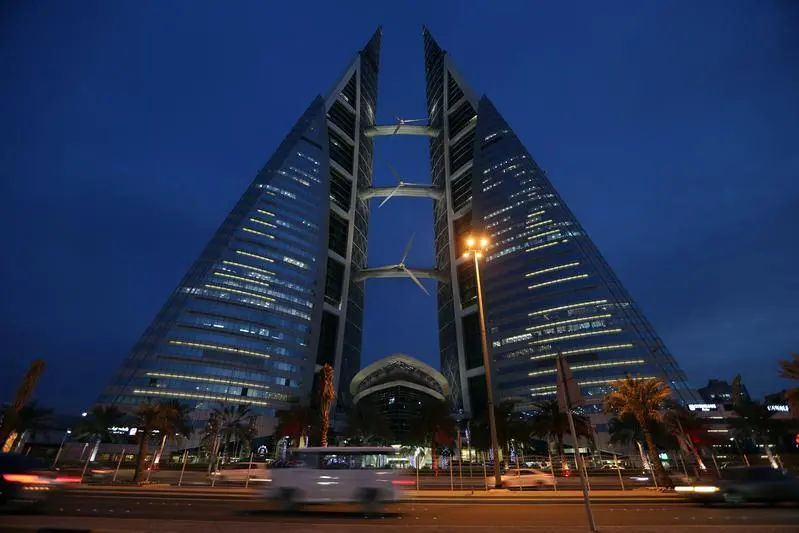PHOTO
FLEXIBLE work permits in the country have dropped by almost 50 per cent following tougher measures to regulate the system, it has been revealed.
The document, introduced by the Labour Market Regulatory Authority (LMRA) in 2017, allows holders to take up freelance employment with multiple employers.
“A total of 47,000 people held flexi-permits last year, however, the numbers have dropped to around 24,000 this year,” said LMRA resources and services deputy chief executive Ashraf Emam.
The drop followed the government adopting stricter measures to ‘limit’ the category of people availing flexi-permits, he explained.
As per the new rules announced in April, no runaway or violating expat worker will be granted flexi-permit or issued Commercial Registrations (CRs) to prevent them from competing with local businesses. A legalised worker is also not eligible for the permit.
Labour and Social Development Minister Jameel Humaidan had told the Parliament that the rules followed decisions issued by His Royal Highness Prince Salman bin Hamad Al Khalifa, Crown Prince and Prime Minister.
“Until the end of May 2017, only 2,000 people had availed of the flexi-permit facility,” Mr Emam said.
“At the time the target was illegal workers, mainly those terminated by employers, as they are afraid to show up for the fear of punishment or deportation.
“The aim was to bring them forward as we cannot check each and every place in Bahrain.
“The numbers went up to around 47,000 last year when the amnesty was announced. As per orders from the Prime Minister’s court, the government tightened conditions for flexi-permits and now, we have around 24,000.
“This shows the government is studying the matter.”
Mr Emam was speaking at the Economic Majlis organised by the Bahrain Businesswomen’s Society yesterday at its office in Mahooz.
Legislators had expressed their reservations over flexi-permit with several Shura Council members proposing to introduce a law to cancel the system last month. They claimed the expatriate workforce benefiting from this system was ‘surplus’ manpower that the labour market did not need.
“The idea of flexi-permit was conceived in 2012 and implemented in 2017 to address the demand for temporary unskilled workers in the market – an issue that existed even before the LMRA was set up,” explained Mr Emam. “We also had a huge number of illegal workers.
“Amnesty cannot be launched frequently and hence we came up with the flexi-permit to address the need of the market, especially the Small and Medium Enterprises (SMEs) who cannot afford to put a number of staff on their monthly payroll. Instead, we can have a pool to hire from with a contract between the worker and the employer.”
The LMRA last year announced a nine-month amnesty aimed at an estimated 55,000 expatriate workers. Labour and Social Development Minister Jameel Humaidan told MPs in December that around 53,000 expats had corrected their stay.
“After the pandemic broke out, we decided that whoever has become illegal following his employer terminating him or cancelling the commercial registration would be eligible for a flexi-permit,” said Mr Emam.
“As a government, we are responsible for expats as well – so whoever is eligible and can afford the monthly fees, which we aggressively insist upon, can get a flexi-permit.”
The fee for the permit was also hiked from around BD500 to around BD700.
“Flexi-permit is aimed at helping Bahrainis, and expats who come to Bahrain for a better living opportunity at the behest of business owners.
“We are studying the possibility of setting up a database of flexi-permit holders – usually they are around us offering services which should be the way, for as a government we cannot be marketing their services.
“It is for them to find jobs, which should be done under the LMRA umbrella, following the law of the land.
“We have inspection teams collaborating with other government entities and we have terminated flexi-permit holders who were found doing illegal jobs.”
raji@gdn.com.bh
© Copyright 2020 www.gdnonline.com
Copyright 2021 Al Hilal Publishing and Marketing Group Provided by SyndiGate Media Inc. (Syndigate.info).





















